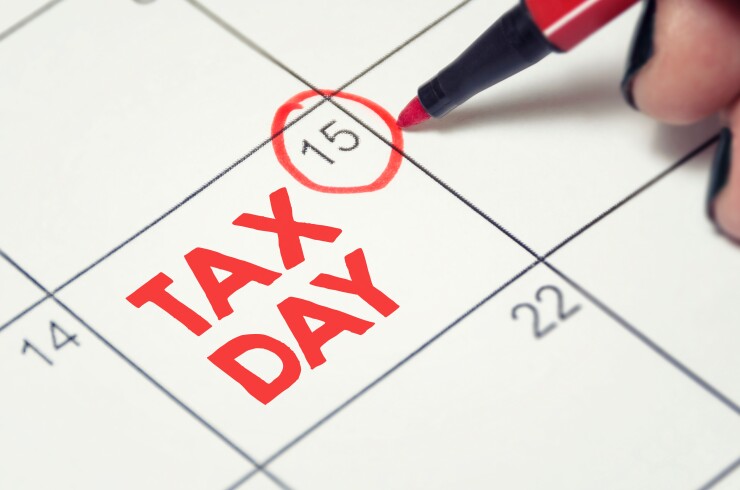
While the ebb and flow of risks facing the tax preparer varies from year to year, one factor remains relatively constant: Tax engagements generate the most frequent litigation among professional liability claims — although this litigation isn't necessarily the most severe. This is due in part to the multiple dates, thresholds and differing rules at play over a wide swath of taxing jurisdictions.
H.R.1, or the One Big Beautiful Bill Act, is the biggest issue and opportunity for CPA firms this year, according to Deb Rood, a CPA and risk control and consulting director for CNA, the endorsed underwriter for the AICPA Professional Liability Insurance Program. "At CNA we're a little more concerned about the issues than the opportunities," she remarked.
Some of the most important issues facing preparers during the filing season ahead include the following, according to Rood:
- Employee Retention Tax Credit claims submitted after Jan. 31, 2024 will be denied. If clients did not get their claims in before then, they may assert that the CPA firm should have told them to submit the claim earlier.
- Some clients may say they should have been informed earlier with regard to expiring clean energy credits. Clients will assert that if they had known the credits were expiring, they would have bought that electric vehicle sooner or installed solar panels earlier to mitigate this risk. So tax pros and accountants might want to send a newsletter to clients now informing them about impending deadlines.
- Missed opportunities. For the past several years, R&E expenses were required to be capitalized. Going forward, there are several opportunities to expense R&E more rapidly. In fact, some taxpayers can amend prior-year returns to immediately deduct R&E, or capitalized R&E in the current year. CPAs should inform affected clients of the options for doing so and document this in writing.
- Similarly, there are many opportunities related to fixed assets that CPAs should inform their clients about. IRC Section 179 on bonus depreciation and other ways to deduct the cost more quickly are available. Accountants and tax pros should talk to clients about these opportunities and document those conversations. Hopefully, this opportunity for the client turns into an opportunity for the CPA.
- If a client asks their CPA to help analyze new tax provisions, whether they be related to R&E, fixed assets or anything else, the CPA firm should, of course, obtain a new engagement letter for this expanded service. Providing this advice is a new engagement, separate and apart from preparing the tax return.
Another development for tax pros to bear in mind is the executive order issued by President Trump on May 25, 2025, that required the U.S. government to not issue paper checks after Sept. 30, 2025, and to stop accepting paper checks as soon as practicable. This includes payments to and from the IRS, such as quarterly estimates and annual payments made with tax returns.
CPA firms should notify clients of this change now, because if they don't and the client misses a payment or pays late because a paper check is not accepted, the client may blame the CPA and ask the accountant to pay any assessed penalties and interest.
Some CPAs anticipate taxpayers will ask for help in making payments — logging on to the IRS website, either EFTPS or IRS Direct Pay, entering the client's bank account and patent details — especially those clients who tend to rely a little too much on the CPA.
"We believe this is a terrible idea," Rood warned. "So many things could go wrong and result in a malpractice claim: The client could have insufficient funds and blame the CPA firm for not providing them enough time to ensure the funds were there before the payment was drafted; the CPA firm could input the wrong payment amount, routing number or bank account number; the client may close the account, not inform the CPA firm and then blame the CPA firm for the payment not being timely made; and there will be more personally identifiable information retained by the firm, creating a bigger data security risk."
While it may be more interesting for CPAs to focus on new tax legislation and executive orders, they can't ignore the basics, according to Rood: "In 2024, less than 50% of the tax claims asserted against CPAs in the AICPA Professional Liability Insurance Program included an engagement letter," she said. "Big and small firms alike — they all are missing engagement letters when a tax claim arises."
A large percentage of tax claims include some debate about the scope of services, she noted, and without an engagement letter, these claims are very difficult to defend.
"Make a goal for the upcoming tax season to get all of those engagement letters," she suggested. "I recommend leveraging technology to get the letters out, signed and returned.
"We also have seen an increase in claims related to missed due dates," she added. "In 2024, 39% of tax claims were for untimely filed or unfiled tax returns."




